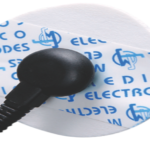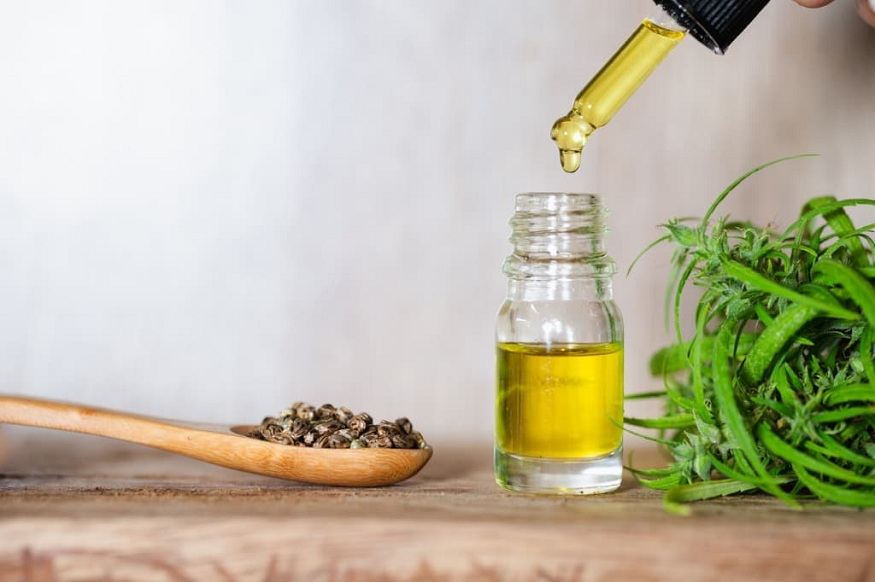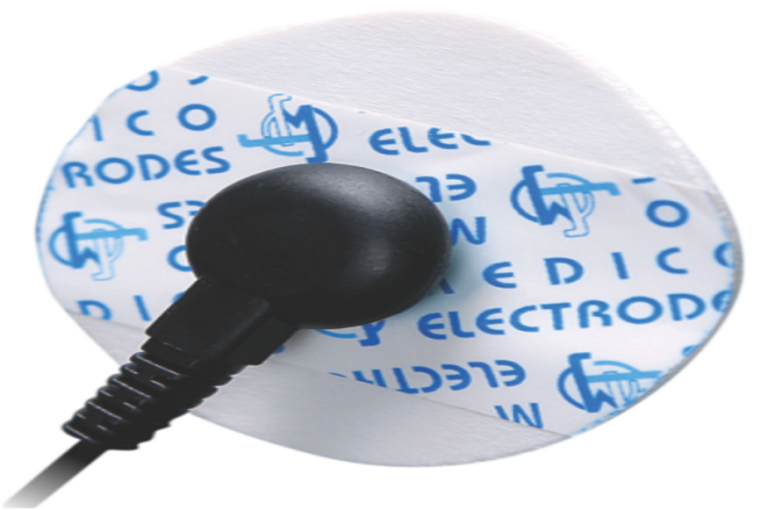The stress and anguish that chronic and severe pain issues cause can be quite distressing. With opiate prescriptions in the West falling by more than 40% over the last decade, CBD has grown in popularity as a treatment for joint pain. CBD — short for cannabidiol, a chemical found in marijuana and hemp — is gaining popularity among elderly people suffering from joint discomfort. In this post, we will learn how cannabidiol oil India work to relieve pain.
How Does CBD Relieve Pain?
CBD interacts with the endocannabinoid system (ECS) to reduce the sense of pain. The ECS regulates how we learn and remember information, how we sleep and eat, pain regulation, and emotional and immunological responses.
Some studies suggest that CBD lowers inflammation by influencing endocannabinoid receptor function. Endocannabinoids regulate the ECS processes. CBD (with regulated THC levels of less than 0.3%) has a chemical composition comparable to the body’s endocannabinoids, and the interaction with the receptors influences the flow of neurotransmitters to your brain, alleviating pain, anxiety, and nausea.
What does the research indicate?
Two studies published in 2022 suggest that it does help people to some extent in helping them heal their pain. One study found that topical CBD treatment relieved basal joint arthritis, a common form of arthritis that affects the region of the thumb used for pinching and gripping.
Cannabinoids, including CBD, interact with receptors that control pain and inflammation in the body. Scientists believe that CBD influences how these receptors respond to messages, potentially reducing inflammation and discomfort.
Another study found that cannabidiol oil India consumption was connected with reduced pain and improved sleep.
How should I take it, and what kind of product should I consider?
CBD oil can be used in a variety of ways, including putting a few drops under the tongue or ingesting it via softgels. You can also use a topical product to apply it directly to an area where you are feeling ache. Each option has advantages and disadvantages.
Oral Consumption: CBD taken orally, whether in capsules, food, or drink, is absorbed through the digestive tract. In this case, absorption is slow, and dosing is difficult due to the delayed beginning of action (one to three hours), unknown effects of stomach acids, recent meals, and other factors. After determining a safe and effective dose, capsules can be used on a daily basis.
Sublingual method: CBD can also be absorbed directly into the bloodstream by placing a CBD oil drop under the tongue (sublingual) with the help of a dropper for 60 to 120 seconds. The taste may not be pleasant but the effects may be felt within 15 to 45 minutes.
On the skin: Topical products such as lotions and balms are applied to the skin over joint pain. It’s unclear whether these products distribute CBD below the skin or not.
CBD products are available in a variety of formulations. People can use the directions on the label and box to determine how frequently to use the product, how much to use, and how to apply it. Dosage will vary based on body weight and potency.
Is CBD safe for use?
CBD safety research is currently underway. At this time, little is known regarding CBD use in arthritic patients. So far, no severe safety problems have been identified with small doses.
CBD is known to have the potential to interact with various medications regularly used by arthritis patients.
CBD oil is derived from the Cannabis plant. Unlike other cannabinoids, such as tetrahydrocannabinol (THC), it does not cause the euphoric “high” that is commonly associated with cannabis use. This is because CBD does not have the same effects on the body’s receptors as THC.
So we’re saying:
Given the limitations in research and concerns with labelling, it’s recommended that you get advice about CBD from a doctor or other credentialed clinician before you buy cbd oil or add CBD oil for joint pain to your routine.

















+ There are no comments
Add yours